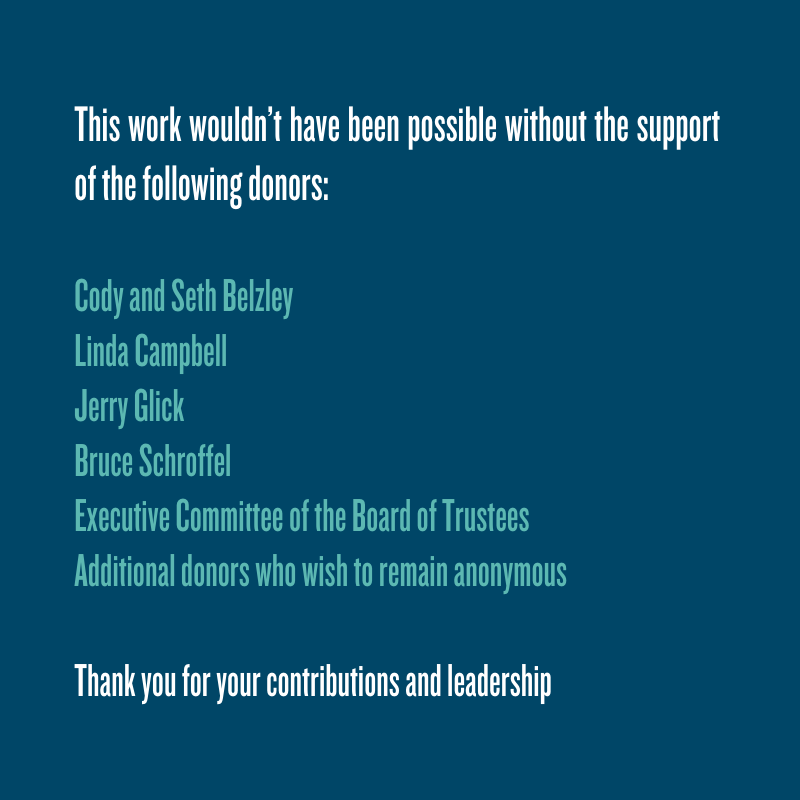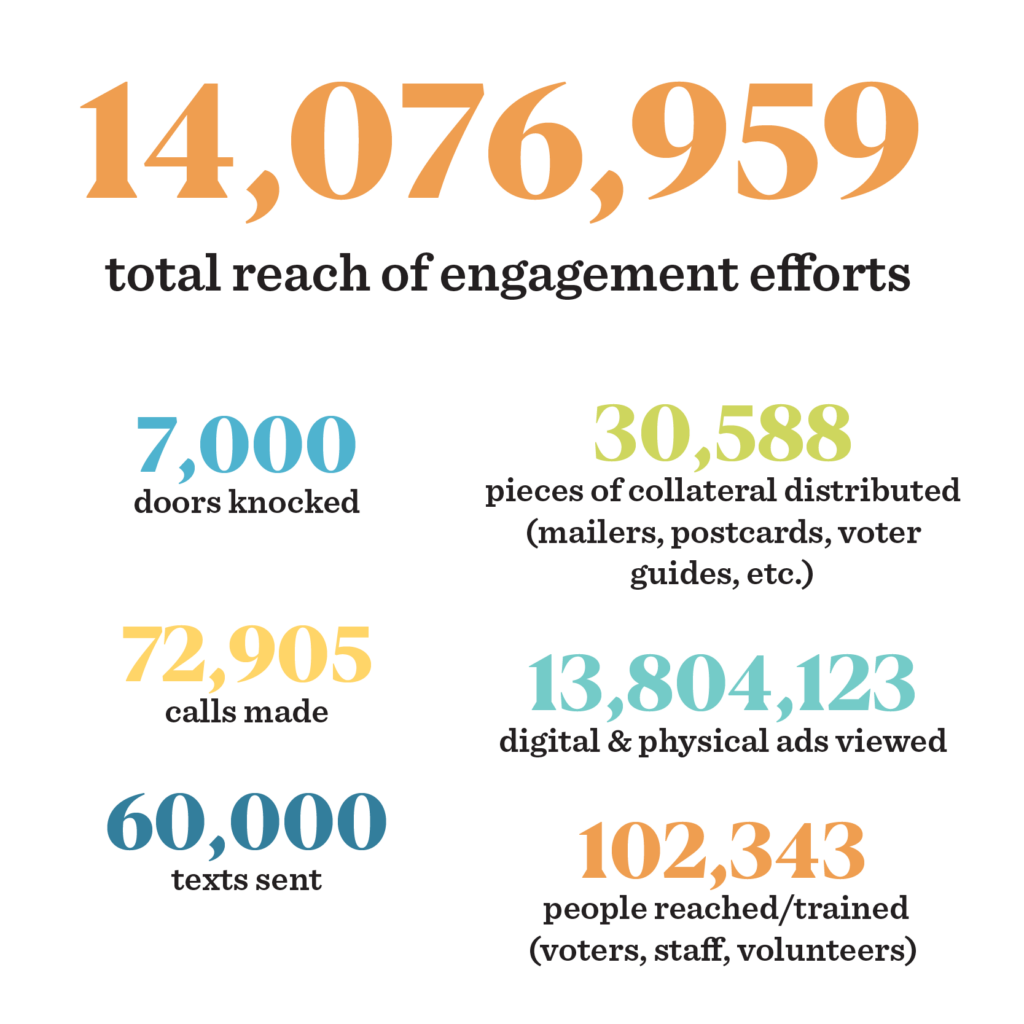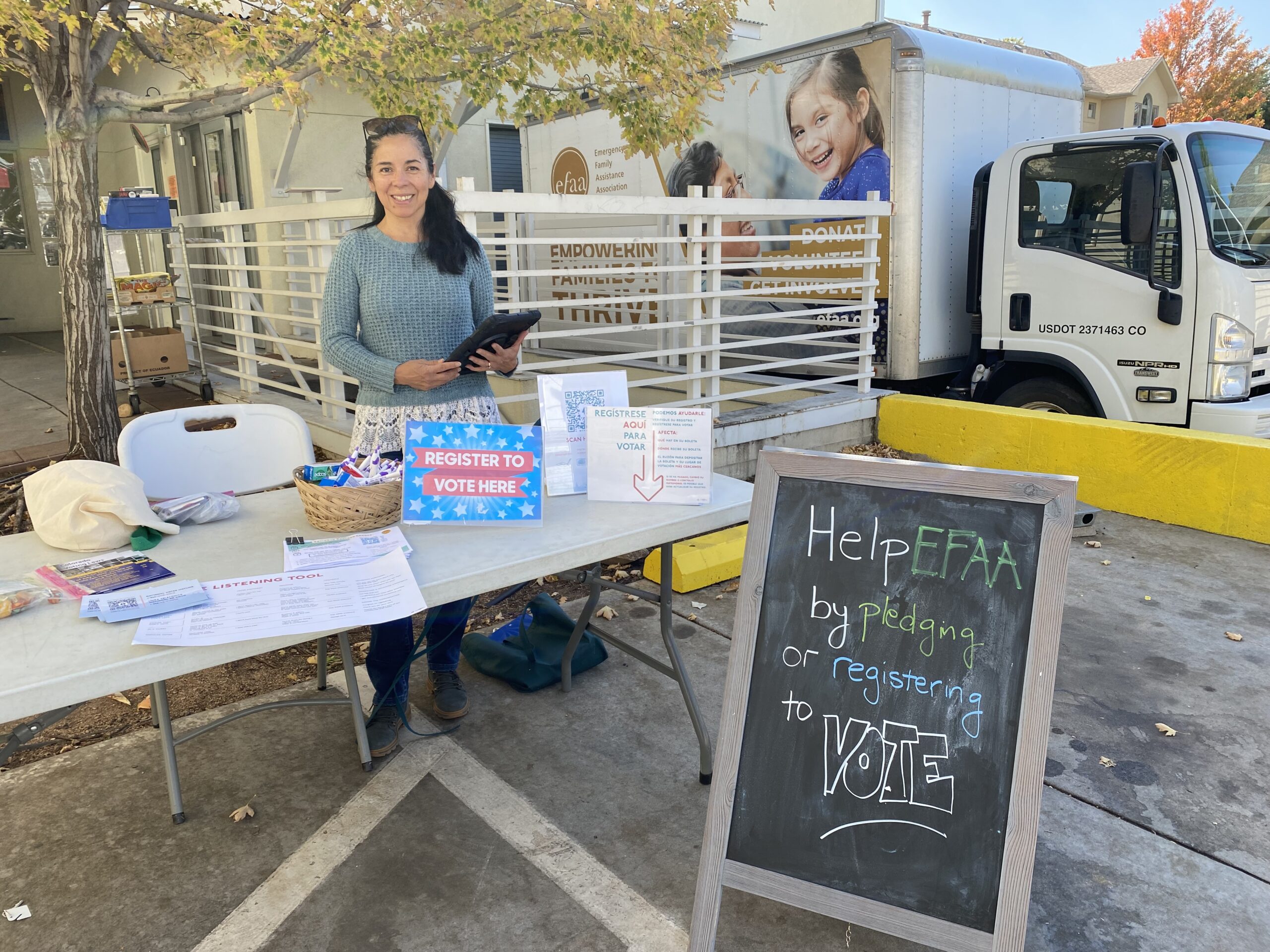
For the first time ever, The Denver Foundation funded eight nonprofits working on voter engagement efforts prior to the 2022 November election through our Civic Fabric Fund. The awards from the Civic Fabric Fund totaled $115,000 and were intended to support organizations working to register and mobilize new and low-turnout voters from historically underrepresented communities.
The eight organizations and the work that received funding were:
- Colorado Common Cause’s Just Vote Colorado Election Protection program
- Colorado Fiscal Insitute’s Count Me In Colorado program
- Colorado Immigrant Rights Coalition’s voter engagement efforts
- Colorado Public Radio’s Spanish translation of CPR’s voter guide
- Community Resource Center’s Participation Project
- Latina Initiative’s Voter Engagement Project
- New Era Colorado’s Voter Engagement Program
- Soul 2 Soul Sister Let My People Vote program
This impact report highlights some of the successes and outcomes achieved by these organizations and identifies some of the challenges and needs for future work. This report reflects the content shared by seven grantees through their final reports.


